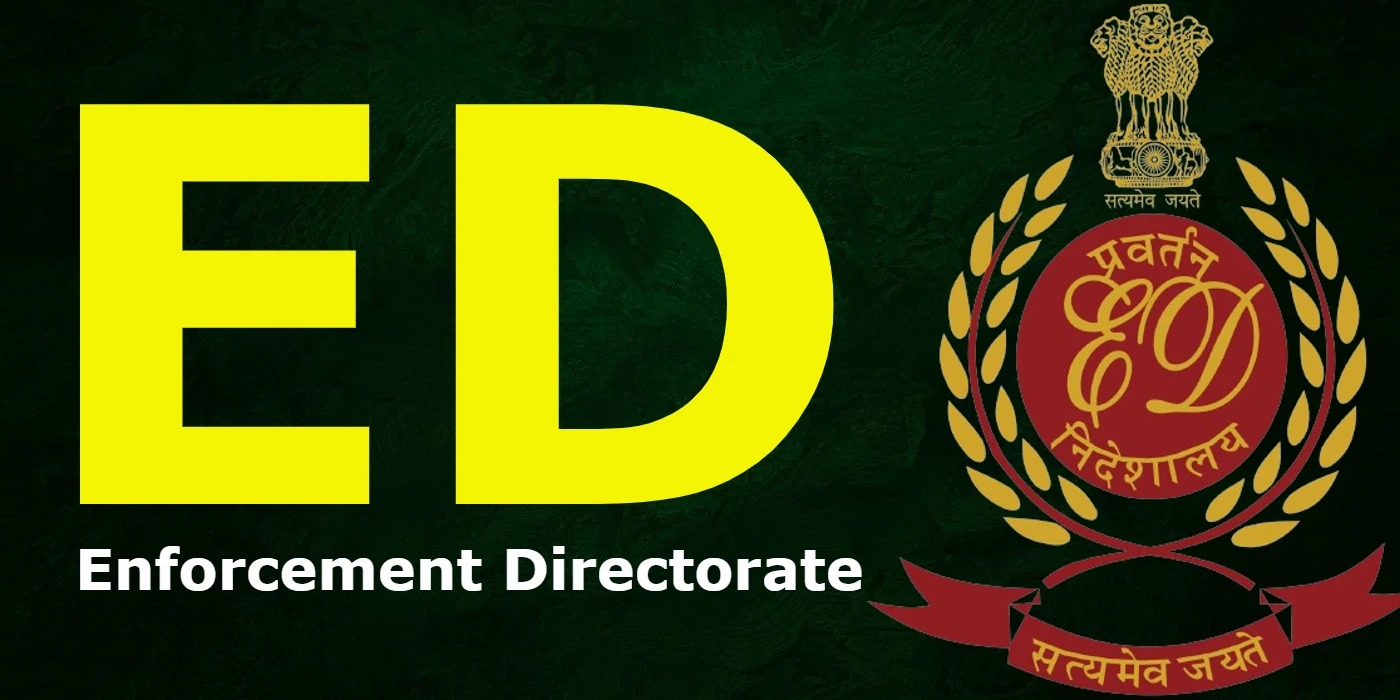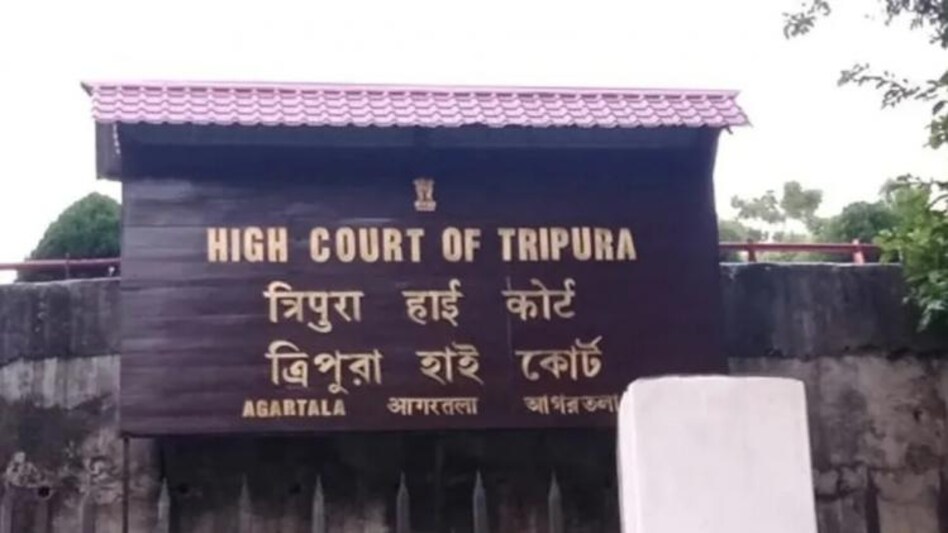A.K. Janah, J.@mdashThis appeal is from a decision of A.k. Mukherji J. in S.A. No. 1195 of 1962.
2. The facts giving rise to this appeal are briefly as follows:
The Respondent No. 1 Swarnalata Dasi filed an application under Sections 144, 151 and 47 of the CPC for restitution of a certain property which was sold in execution and was taken possession of by the Appellants. Krishnadhan Modak, the husband of Swarnalata Dasi, purchased the said property in the name of Swarnalata. For non-payment of rent the disputed property was sold in Rent Execution Case No. 836 of 1952 of the Second Court of Munsif Baruipur. In the said Rent Execution case the property was purchased by the Appellants who are the brothers of Krishnadhan. After the sale was confirmed the Appellants took possession of the property through Court. Thereafter, Swarnalata filed T.S. 173 of 1958 in the Court of Munsif, Baruipur, for a declaration that the rent suit and the sale held in execution of the decree passed therein were all fraudulent and were void and that her title was not affected by the said sale. There was a prayer for permanent injunction, but that prayer was refused and the suit was decreed in part declaring the sale to be fraudulent and null and void. After obtaining that decree the Respondent No. 1 Swainalata filed the aforesaid application under Sections 144, 151 and 47 of the CPC for restitution of the said property.
3. The trial Court allowed her application and ordered restitution. Against the said order the Appellants preferred an appeal. This appeal was registered as a Title Appeal although it ought to have been registered as a Misc. Appeal, inasmuch as it was an appeal against an order passed in a misc case. The appeal was allowed by the learned Subordinate Judge upon the view that as the decree in execution of which possession was taken by the present Appellants had not been reversed or varied in appeal the remedy by way of restitution was not available to the Respondent No. 1. Against the said decision the Respondent No. 1 preferred an appeal to this Court and the same was registered as S.A. No. 1195 of 1962. This appeal was allowed by A. K. Mukherji J. It is the correctness of this decision which is under challenge in this Letters Patent Appeal.
4. Mr. Bagchi, learned Advocate for the Appellants, has con-tended before us that the provisions of Section 144 of the Code is not applicable in the present case, as the decree in execution of which his clients had obtained possession had not been reversed or varied in appeal. The Respondent No. 1, on the other hand, obtained a declaratory decree in the subsequent suit. That decree, according to Mr. Bagchi, was incapable of being executed and therefore, the Respondent No. 1 was not entitled to get restitution. In support of this contention Mr. Bagchi relied on the observations of the Supreme Court in
5. There is also another important aspect in this case which has to be taken into consideration. It appears from the certified copy of the judgment of T.S. No. 173 of 1958 which was filed by Swarnalata against the present Appellants and which has been marked as Ex. 2, that the learned Munsif came to the clear finding that the rent suit and all subsequent proceedings thereto were fraudulent and collusive and the present Appellants fraudulently manipulated everything and caused the property to be sold and they themselves purchased the property. No appeal was preferred against that decision of the trial Court and these findings of the learned Munsif stand. The Appellants, therefore, were not bona fide third party purchasers and therefore no question arises regarding the protection of their interest. Fraud vitiates the entire proceedings and no litigant should be allowed to retain any benefit obtained by him as a result of fraud practised by him. This view is supported by the decision of the Privy Council in Jain-ul-Abdin Khan v. Muhammad Asgar Ali Khan ILR 10 All. 166. A similar view was taken by the Supreme Court in
6. For the reasons mentioned above, we are of the view that the second appeal was rightly allowed by A.K. Mukherji J. This appeal is accordingly dismissed but in the circumstances of the case there will be no order as to costs.
S.K. Bhattacharyya J.
7. I agree,

